The new curriculum—the product of more than two years of design and planning by the faculty, approved in December 2016 by the Board of Visitors and pending approval by SACSCOL—focuses on engaging students over all four years in integrative approaches to challenges they will encounter as citizens, with a strong emphasis throughout on building communication and critical thinking skills. By the time they graduate, students will have a broad-based education across a range of fields, but also an appreciation for how those fields intersect. Perhaps most distinctively, the curriculum puts Longwood’s citizen-leadership mission at the heart of its classroom experience.
In their first year, students will take two "Foundation” courses called English 165 (Writing and Rhetoric) and Citizen 110 (Inquiry into Citizenship). Inquiry into Citizenship is a seminar designed solely for first-year students to introduce them to and get them excited about college-level study. Some of the seminars are creative new versions of courses with traditional-sounding names, like Introduction to Ethics. Others are entirely new approaches, such as The Economically Informed Voter and The Social (Media) Citizen.
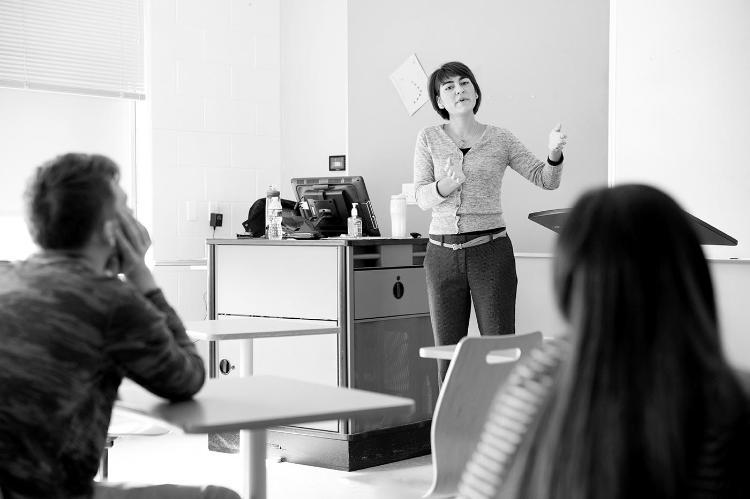
Many of Longwood’s best and brightest faculty have been hard at work piloting courses and preparing for the rollout.
“Students are starting with some of the most exciting teaching happening on campus,” said Dr. Melissa Rhoten, professor of chemistry and director of the core curriculum. “It sets the tone for their Longwood career by placing an emphasis directly on integrative, issues-based study and effective communication.”
Several pilot “Foundation” courses in a range of disciplines that fall into broader groupings like “Scientific Reasoning” and “Aesthetic Expression” debuted in the 2017-18 academic year. Building on the communication skills learned in English 165, every class, whether an introductory statistics or special education class, is writing- or speaking-infused or—if it is a studio or performance-based course—arts-applied.
Here are some of the core curriculum courses piloted and the faculty behind them.
CTZN 110: The Science and Rhetoric of Climate Change
Over four years of teaching at Longwood, Dr. Christopher Labosier had a pretty good sense of the university’s mission. But he didn’t quite see the connection between his field—environmental science—and citizen leadership. He does now.
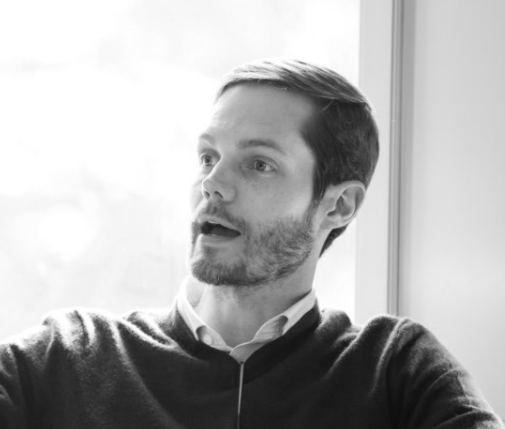
“This course made our mission’s value clear to me more than any other course,” he said. “We can be in our science world and not interact with anyone else, and that’s to our own detriment, and to society’s detriment. This course is starting to really reflect on what it means to be civically engaged and what it means to be a citizen leader.”
Labosier co-taught this early pilot course for the new core curriculum with communication studies professor Dr. Isabel Fay, exploring in-depth both the science of climate change and the rhetorical devices people use to make arguments and claims about it.
The students were familiar with the topic, but the approach was new. There are concepts to master to gain a scientific understanding of climate science. But for citizen leaders that isn’t necessarily enough. They need to be able to articulate to others what is (and isn’t) known, and how scientists have reached their conclusions.
By giving a series of speeches in class, students practiced different methods of communicating about a critical global issue. They improved at speaking with others about the topic—and at speaking overall. And as their understanding of both science and rhetoric grew, they sharpened the important citizenship skill of recognizing when someone is trying to fool you.
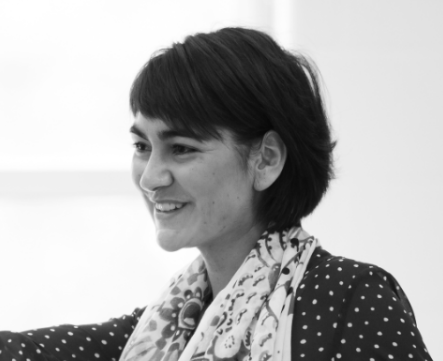
“One of the most important aspects of these speeches is that students understand that when they take a science class, it’s not just for the purpose of learning science,” Fay said. “Even if they don’t want to be a scientist, there are still ties to their daily lives and the public’s welfare.”
Like many issues Longwood graduates will face as citizens, climate change doesn’t fit into neat disciplinary boxes. “It’s not just an economic or political or environmental problem,” Labosier said. “These challenges span across disciplines, and students need to be able to think critically across these disciplines. More interdisciplinary courses put Longwood graduates ahead of the curve.”
After just a few weeks of classes, students began picking up on the value of those connections.
“All I had heard about climate change before this semester was the usual talking points from the left and right, and it was all so polarized,” said Audrey Klingenpeel ’21, a freshman from Mechanicsville. “But now that I understand the science of the subject, we are thinking about how people argue about it, which is fascinating. And I’ve found myself using the things we talk about in this class in other classes, too. I feel like I already have a better way of sharing my opinion and understanding others’ viewpoints.”
ENGL 265: Authority and Liberty
It’s an essential question Longwood students will encounter over the course of their lives as citizens and in their careers: When can and should governments and institutions encroach on individual liberty?
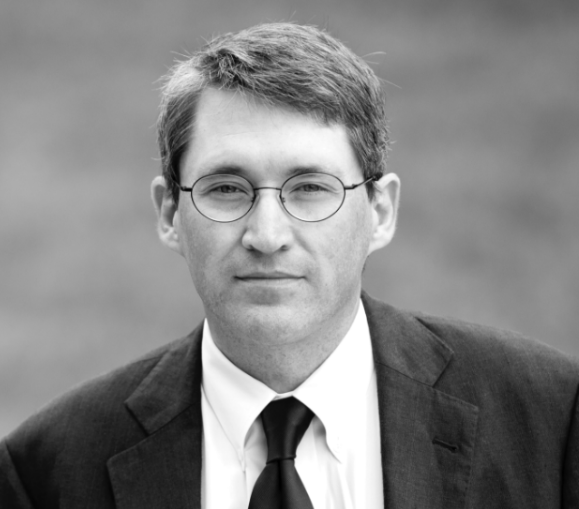
The question connects to any number of issues, and philosophers ranging from John Stuart Mill to W.E.B. DuBois to Simone de Beauvoir have weighed in. In Dr. Shawn Smith’s new course Authority and Liberty, Longwood students dive in deeply—and bring to bear these timeless arguments on their own lives.
“When we talk about being a citizen leader, one of the most fundamental aspects of that is coming to a deeper understanding of how societal pressures affect individual lives,” Smith said. “So while we read and discuss some of the great literature and philosophy on the subject, I ask them to consider an action they’d like to take to change the world around them and to explore the forces acting against and the liberties they require to implement that plan. It’s a big question and a tough question for a lot of students, but it helps make the essays and books we are reading mean something.”
Over the semester, students engage in intensive—though always respectful—discussion of wide-ranging political topics in the news. During the semester, for example, the news was dominated by protests related to Confederate monuments in nearby Charlottesville, and discussion ranged from the rights of groups to protest—and counterprotest—to the historical context of when and why the monuments were constructed.
“I think about that class almost every day,” said freshman Rebecca Sandlin ’21, a French major from Chase City, “especially when I read an article about a contentious issue—often it’s something involving the police. A few of my classmates were criminal justice majors whose point of view was a lot different from some of the other people in class. In those discussions, however, we developed not only a deeper understanding of their viewpoints but also a respect for them that I think about when I read the news.”
By the end of class, students tackled that big existential question with newfound insight, turning in a final essay on what their action to change the world would be, and the conflicts between authority and liberty their project could provoke. One wrote about using photography as a way to call attention to cancer as a health problem in society. Another wrote about her desire to help victims of child abuse in her native Nigeria.
Sandlin herself took on one of the most contentious issues in American politics—the environment—exploring how she could bring recycling programs to small communities. For Smith, whose academic field is Renaissance literature, developing a new course for the core has been energizing.
“This is what is distinctive about Longwood,” he said. “These are not perfunctory courses that everyone is forced to take and are easily forgettable. It utterly and completely excites me to be engaged with students I know who are going into teaching and marketing and business—and who have civics at the forefront of their brains. It’s an important thing that we do to send kids out like this.”
ENGL 215: The Nature of the Text
The great nature writers of the 19th century—John Muir, Henry David Thoreau— left society behind and exalted in the wilderness, celebrating its beauty and its lessons. “Let Nature be your teacher,” wrote William Wordsworth.
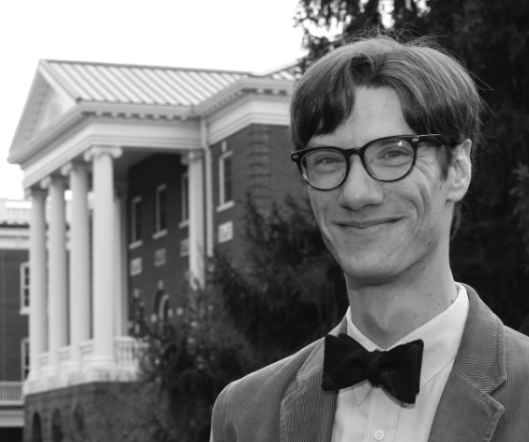
Michael Pollan challenges such reverence for the uncultivated in his 1989 essay, "Weeds Are Us,” comparing invasive plants to people.
To Dr. Sean Barry, assistant professor of English, metaphors matter. And pushing students to think deeply about how natural metaphors for human concerns both work and fail represents a powerful new teaching approach. It’s a learning journey that helps students become more attentive both as readers of literature and members of society.
“We encounter metaphors every day,” said Barry, “whether it’s in a newspaper column or a pundit on television, or in a conversation with a friend. They shape how we think, how we argue, how we consider new information. And so as we talk about how Pollan compares weeds to humans to reveal that we can’t restore 'Nature’ simply by excluding human beings, I’m reminding students—rather explicitly— that their ability to unpack the everyday metaphor they encounter makes them much more informed citizens.”
The structure of the course also represents a departure. Barry pairs works from different times thematically, like Wordsworth and Pollan, rather than the traditional route of following a historical timeline through English language literature. That keeps the material fresh and exciting for students, and also has real teaching value.
“When you frame a class as being about making connections and assembling an intellectual toolkit, connections get made sooner,” said Barry. “Hopefully we can get further down the field earlier by making those connections and applying the things we learn here to real life, and do so with more finesse. If you’re reading works of literature in terms of a set of aesthetic principles, it becomes portable.”
FREN 210: French for Well-Being
Quel pourcentage des Américains ont un sèche-linge?
The question pops up on the screen in front of class: What percentage of Americans have a dryer? Students type in their answers on their smartphones, and the votes are quickly tallied. Most of the class gets it right— 80 percent of Americans.
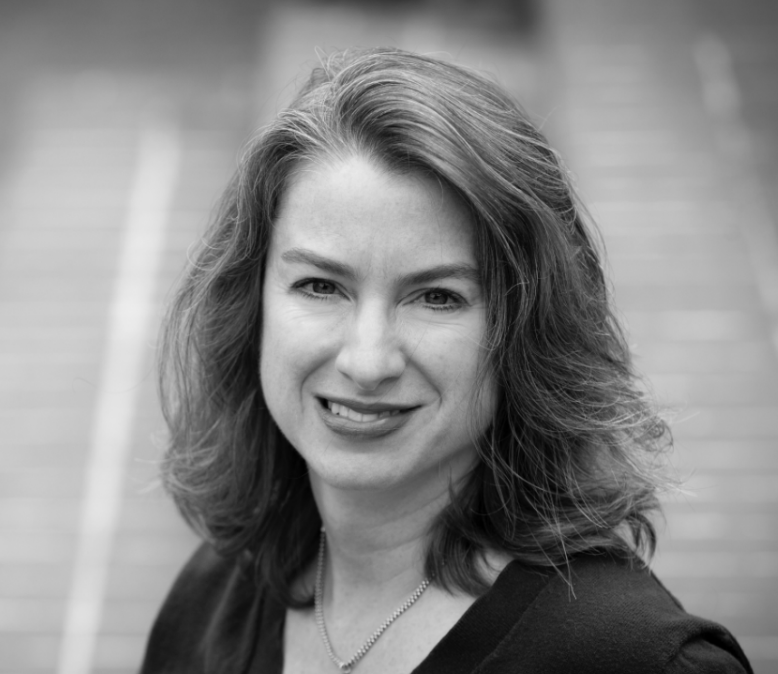
Quel pourcentage des Français ont un sèche-linge?
Harder. Turns out, only 20 percent of the French have dryers in their homes. What looks ostensibly like a question designed to teach a vocabulary word quickly becomes a gateway to other questions about a culture. Suddenly, a conversation about differing practices and priorities in France and the United States is under way. (French people are obsessive about energy efficiency, says Heather Edwards, senior lecturer in French. It’s much more a part of everyday life than it is here.)
“We are doing all of your typical things you’d find in a French class,” said Edwards, who is teaching the pilot version of the course this spring. “Vocabulary building, verb conjugation—all of that stuff that is foundational to exploring another culture. But these vocabulary words and verbs aren’t being memorized in a vacuum. We’re understanding another culture by looking at current issues that our countries are dealing with and building our development of the language through that study.”
For students, the modified language requirement of the new core maintains the critical role of foreign language learning as part of a broad-based liberal arts education. But students will have access to new and different approaches to learning. Those approaches will still prepare them to achieve fluency, but also they will equip them with broader cross-cultural understandings that will help them as citizens.
“As a university, we are trying to put knowledge into a broader context,” said Edwards. “Issues like health care, wellness and energy aren’t just things America is dealing with—it’s important to think about how other cultures reckon with these same fundamental questions. That’s part of being a true citizen leader.”


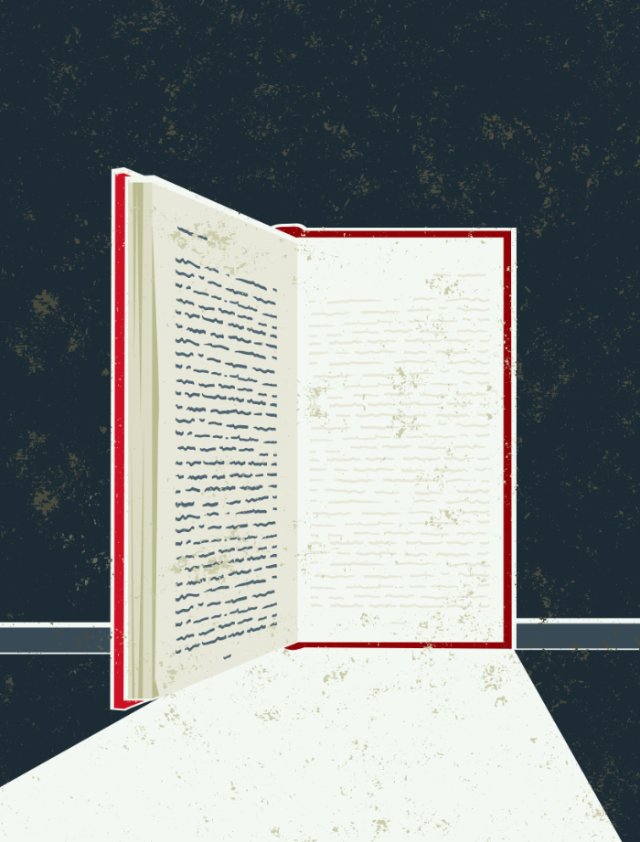
Leave a Comment